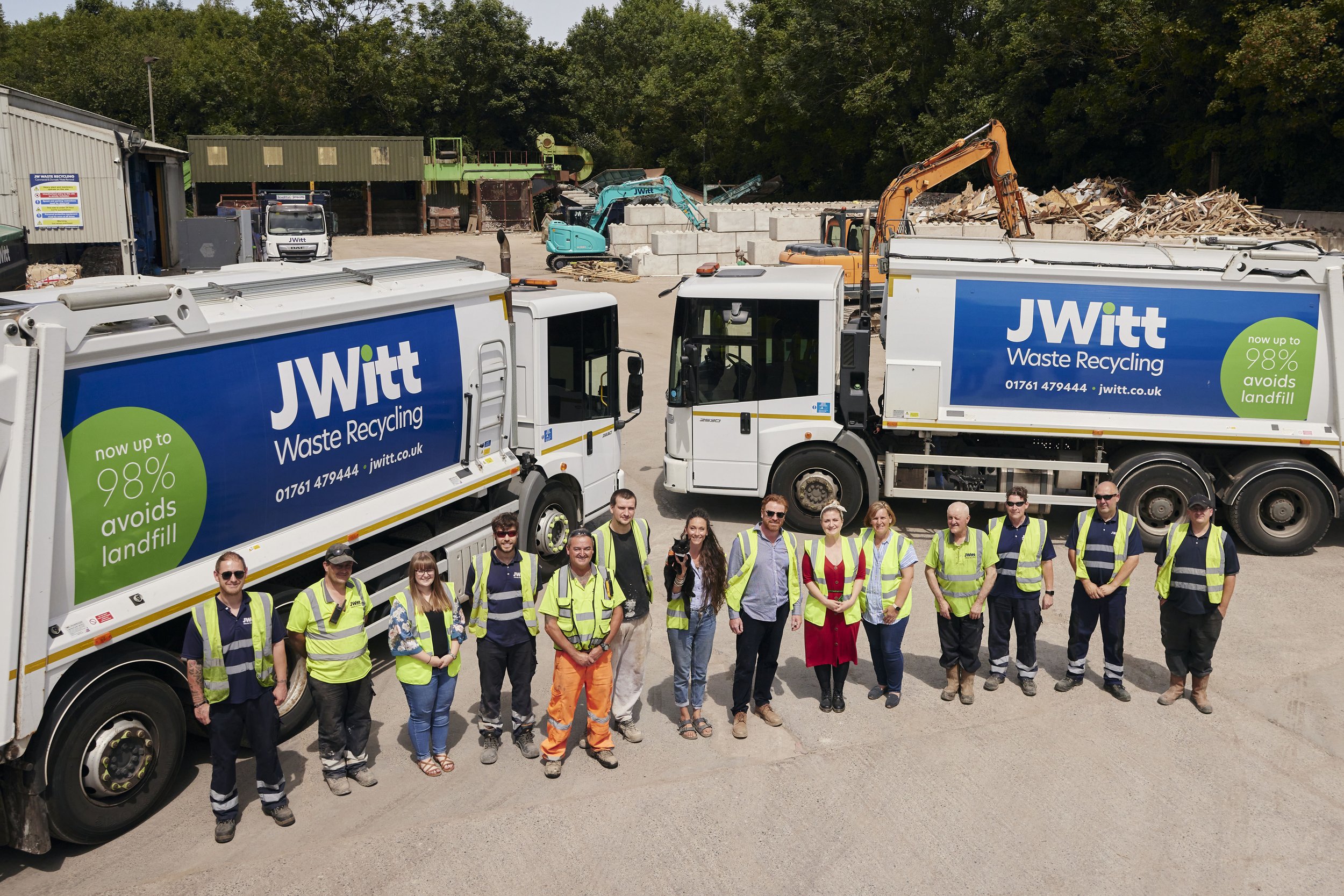Delivering local change with global impact
By Dr Stephen Wise, Chief Strategic Development Officer, Advetec.
In the face of a national energy crisis, rising interest rates and economic uncertainty, it’s no easy feat to stay committed to environmental change or waste innovation. However the Scottish government’s 2025 ambitions to reduce total waste by 15%, reduce food waste by 33%, recycle 70% of remaining waste and to send no more than 5% to landfill - means there really is no time to delay.
Against this backdrop, turning unrecyclable waste into Solid Recovered Fuel (SRF,) rather than sending it to landfill or EfW, has to be central to achieving meaningful change.
Our aerobic digestion process is simple; unrecyclable waste is emptied into a hopper, which feeds a shredder, biotech additives are introduced, and the organic waste is aerobically digested. After approximately 72 hours, all that’s left is a high-quality floc which is well suited to become SRF.
For every two tonnes of unrecyclable waste that go through our process, 1.2 tonnes of CO2 are saved. Every tonne of floc created by the process can replace 0.5 tonnes of carbon emitting coal. As turning waste into SRF is 40% via our process is cheaper than sending that same waste to traditional Energy from Waste (EfW) – the benefits are both plentiful and compelling. Non-recyclable waste is a valuable commodity, and it can help to reduce the nation’s reliance on fossil fuels, lower the country’s CO2 output and save waste handlers money.
The biotechnology process also halves the mass of the waste it processes and is proven to make it AT4 compliant, which means the waste has been stabilised and therefore permitted for landfill as it won’t breakdown further or emit methane. Collectively these factors show that biotechnology gives waste handlers the means to get well ahead of the Scottish government’s 2025 mandate.
With many of Scotland’s communities either remote or rural, biotechnology also provides a much more local waste solution. Our aerobic digesters live on-site with waste handlers or waste producers so the processing of unrecyclable waste is managed there and then, rather than requiring transportation. When waste is processed locally, it takes HGVs off local roads and reduces road-related carbon. Plus, fewer wagons alleviate congestion on rural roads, improve road safety and enhance air quality, not to mention make local environments safer for wildlife.
Best practice examples
Two innovative and forward-thinking waste handlers in England are among the first to commit to our local solution and their motivations are the same. They want to support the circular economy and minimise the waste sent to landfill and EfW, reduce carbon emissions, stabilise operating costs, support clients’ Net Zero goals and minimise waste-related road miles.
Max Recycle in Houghton-Le-Spring, Sunderland and J Witt in Radstock, Somerset are what we call local waste champions, for they are seizing the moment, harnessing innovation and creating local waste handling capacity for themselves. They are also showing the waste handlers serving the remote communities of Scotland, that better solutions are already available.
More broadly, these best practice examples shine a light on how the UK could begin to tackle its waste infrastructure capacity gap. Increased pressure to divert waste from landfill, a lack of new-build EfW capacity, a limited recycling infrastructure and the possibility of ending waste exports all require waste handlers, local authorities and legislators to do more to embrace waste innovation.
It’s time to commit fully to the circular economy.




